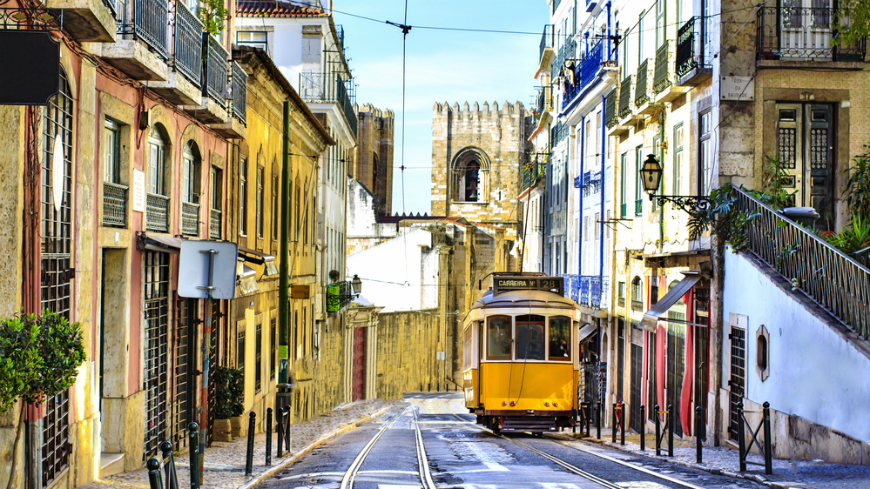In a report published today, the Council of Europe’s Group of Experts on Action against Trafficking in Human Beings (GRETA) urges the Portuguese authorities to improve the identification and protection of child victims of trafficking.
GRETA’s second report on Portugal’s implementation of the Council of Europe convention on Action against Trafficking in Human Beings welcomes the progress made in a number of areas since 2013. The legal framework has been strengthened, for example by amending the Criminal Code to explicitly criminalise human trafficking for the purpose of forced begging and the exploitation of criminal activities.
The report also praises initiatives such as the setting up of a network for the support of victims of trafficking, which enhances co-ordination and the sharing of information between the authorities and NGOs, and the creation of a specialised anti-human trafficking unit at the immigration and border service. A significant effort has also been made to train relevant professionals, in particular border guards, which has resulted in increased detection of presumed victims.
Other positive developments are the opening of two more shelters for victims of trafficking, including one for men, and the setting up of additional multi-disciplinary teams involved in the identification and assistance of victims of trafficking across the country.
One of GRETA´s main concerns is the need to improve the assistance and services provided to child victims. This includes appropriate accommodation, access to education and vocational training. The authorities should also address the disappearance of unaccompanied children from institutions by providing suitable accommodation and adequately trained staff or foster parents.
GRETA also expresses concern about the low number of victims of trafficking who receive compensation and calls on the authorities to ensure that such victims can exercise their right to compensation. The authorities should ensure that the existing legislation on the freezing and confiscation of assets to secure compensation of victims is applied in practice.
Moreover, GRETA urges the Portuguese authorities to ensure that human trafficking cases are prosecuted effectively and lead to proportionate and dissuasive sanctions.
Portugal remains primarily a country of destination for trafficked people, but it is also to some extent a country of origin and transit. From 2012 to the first half of 2016, a total of 226 victims of trafficking were formally identified, the majority of whom were men. The main purpose of trafficking was forced labour, primarily in the agricultural sector (140 cases), followed by sexual exploitation (52 cases). There were 36 children among the identified victims of trafficking.




